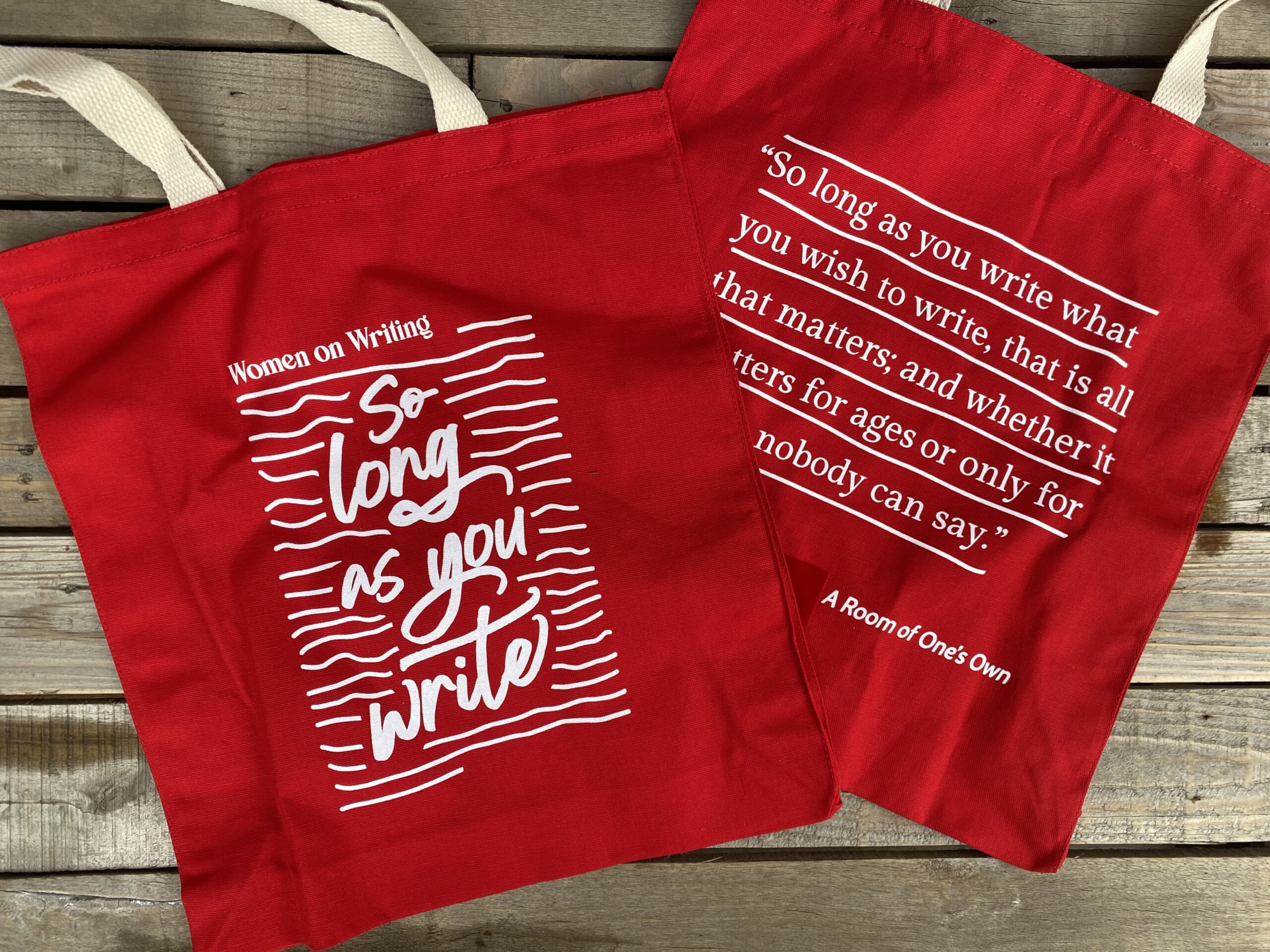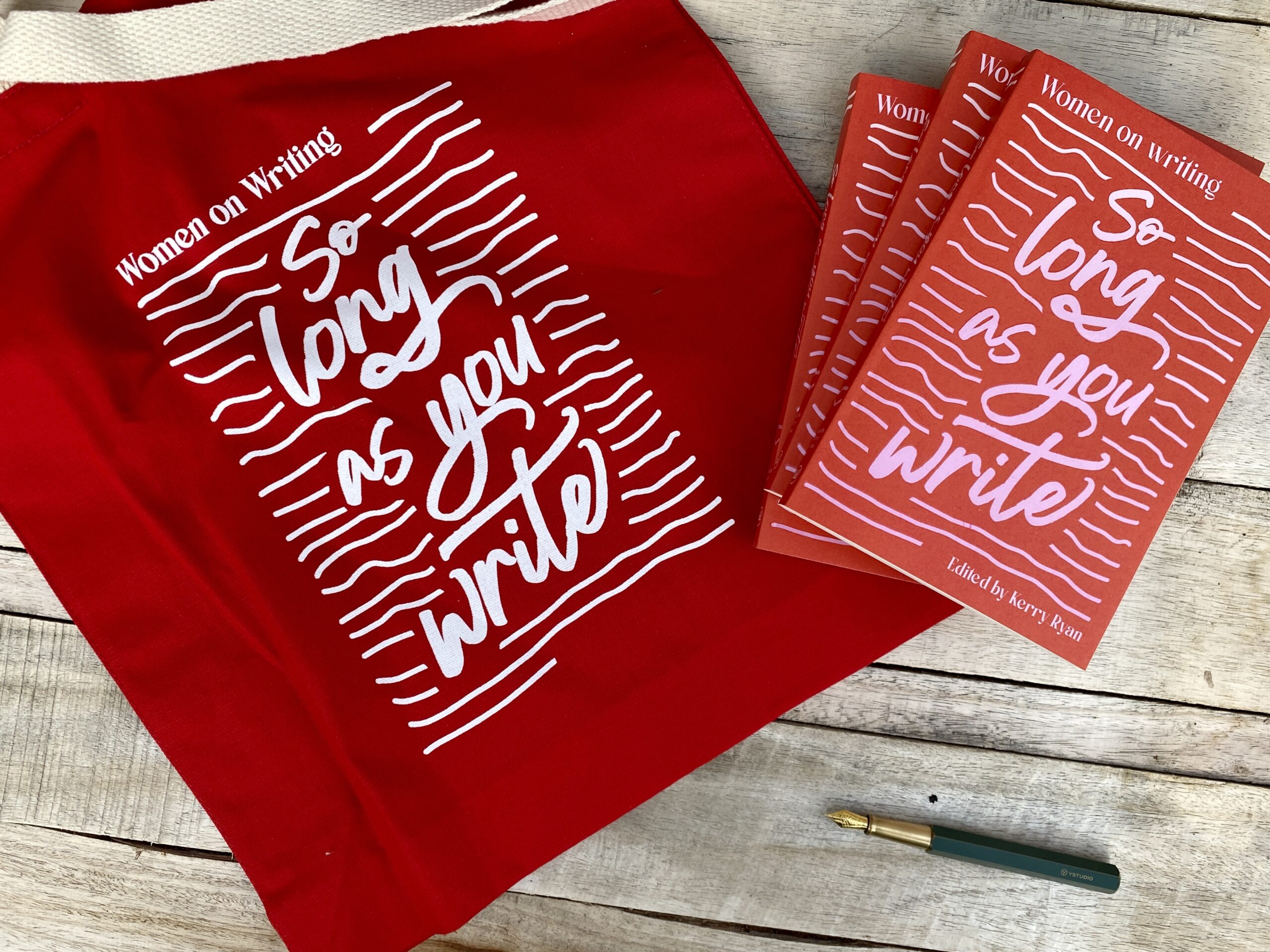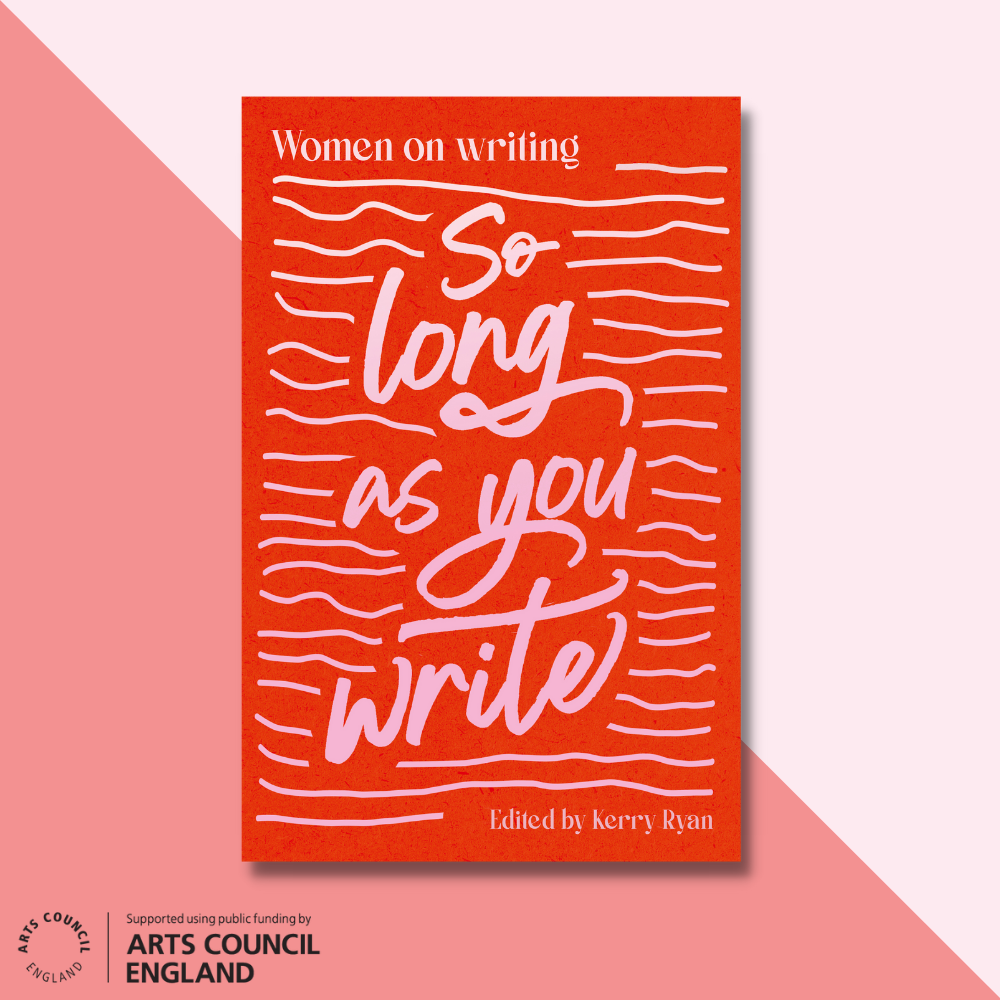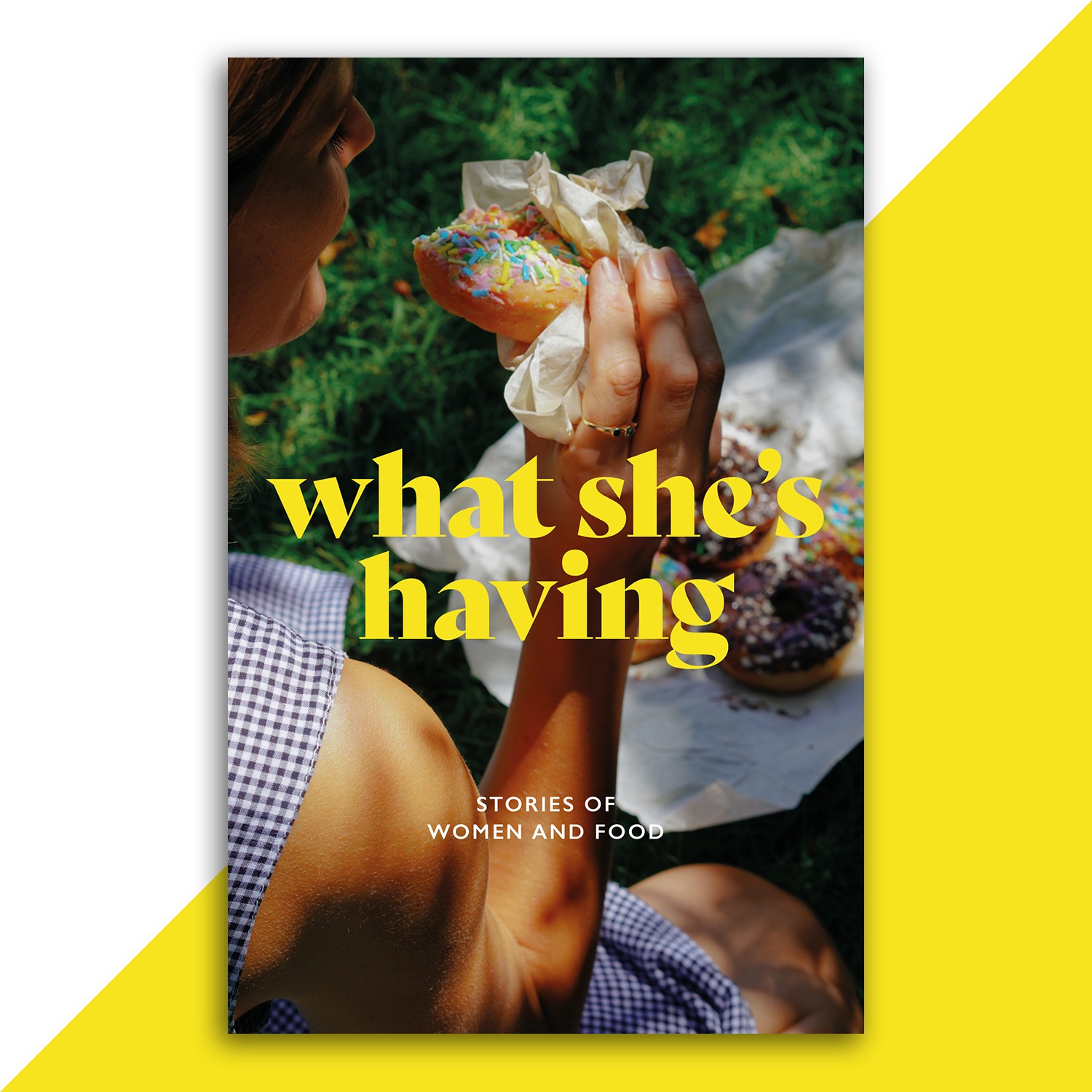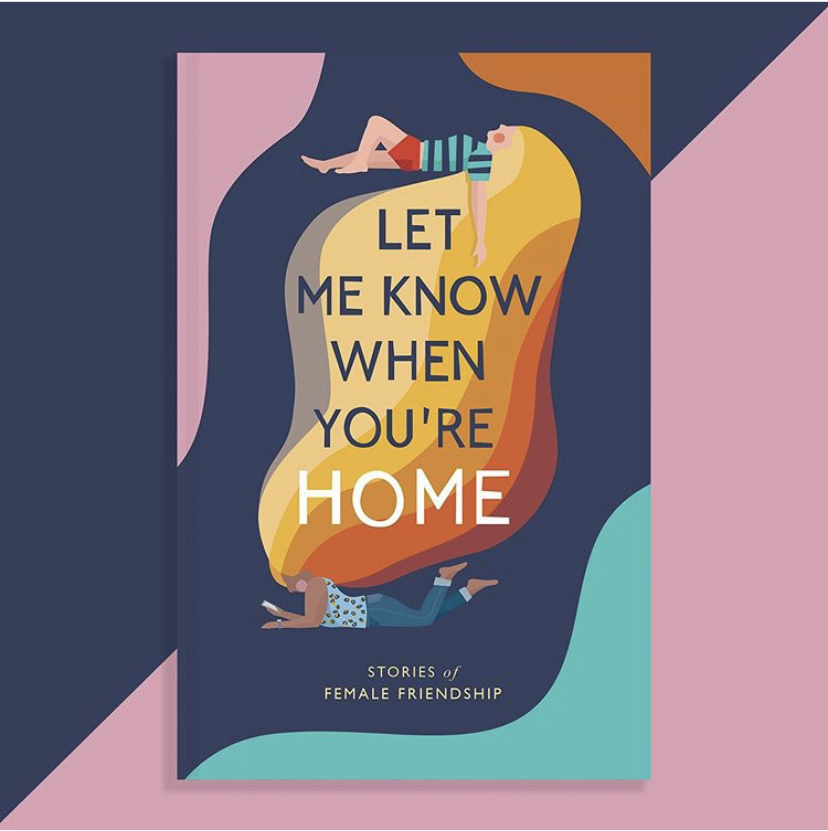SAPLINGS | A journey home reminds Claire Thomson’s protagonist of how time slowly passes.
by Claire Thomson
It gives me something like hope to see saplings. I see them from the train I take to visit my parents. The saplings don’t seem to get any bigger over the months. Trees grow slowly, though; we have to wait. The saplings I see were planted during the summer when everyone started to think something was wrong. They made people feel better. Dad read out the story about it in the local paper to me while I was eating toast. ‘That’s good news, eh?’ I agreed and picked out a sunflower seed from between my front teeth.
I planted a tree when I was a child, a few miles away from those saplings. I wonder how big it is now. I hope that it’s strong and that the winds, which everybody says are getting worse, haven’t yet brought it down. Our teachers came with us when we planted them. It was a government scheme, I heard them say to one another at the front of the bus. Every child should have the chance to plant a tree. That’s the idea. Sometimes I sat next to the teacher. Those were my favourite journeys. Only-children don’t know how to talk to other children. They wait until everyone has grown to make friends with their peers – apparently. The teachers joined in on that trip. They each planted a tree, too. It was supposed to be children only, but everybody wants to be able to say that they tried something, then. It was a smart move on their part.
I think I see sprouts of green above the black tubings protecting the growth, but the train moves too quickly for me to check. I’ll be home soon. The train stops and I get off. I can see the beach from here. Sometimes I stand on the platform for a while, watching the sea pull back and push forward, back and forward, back and forward. Fort. Da. Today I don’t. I know that it’s there, and that’s enough. It smells like salt and brine and the kind of nostalgia that sells postcards.
A wave crashed over my sandcastle one July. I cried for hours, or for what felt like an afternoon. Time ran more quickly, then. The soft sugar of the ice cream Dad bought me dissolving on my tongue did little to console me. It was almost comical, Mum said, me crying while devouring my 99. Thick, sticky strands of it dangled from the roof of my mouth when I opened it to wail before eating some more. A photograph of me with swollen eyes and blotchy cheeks, sitting on dirty blonde sand is on the fireplace, still.
Mum told me she would pick me up from the station. I lied and said my train would arrive half an hour later than it has. This gives me enough time to be shocked, again, at the price of a bus ticket as if I have already forgotten and walk from the bus stop to their front door. ‘Surprise!’ I’ll say. Mum will hug me and Dad will tell me I’m early and he will put the kettle on, slowly. The smell of the house will be at once familiar and foreign. It will smell like floral disinfectant and burnt toast and of being young and looked after.
I have read advice on the internet that tells me to remember, next time I find them difficult, that my parents are people, too. They are fully rounded and complex beings who had lives before me. And so I try to think of them as cosy rhizomes, with far-reaching and complicated strands of being and interest and life, one of which happens to be me. This thinking dulls things like my disappointment when I notice how little Dad has asked about my job. Maybe I should be glad of that. But this thinking also makes their slowing sadder to me. I will not be the only thing to lose them, to miss them. There are jigsaw puzzles Dad won’t finish. There are notes my mum could reach that nobody else in the choir will manage, and its renditions of Dolly Parton numbers will be flatter. I resolve to be less morbid. If I don’t, I will be told to smile before dinnertime.
The bus is on time. I say hello to the driver, drop my exact change into the slot and take my ticket. ‘Thank you,’ I say. I begin to walk up the speckled aisle, moving my hand from pole to pole. I could never manage the monkey bars as a child. The winds coming off the sea made it even more impossible, I protested. How come the other kids could manage? my dad asked. I never had an answer. The floor of the bus looks like a bird’s cage, I think. Speckled and homely. The driver says something to me. I worry I didn’t put enough coins in and rush back to ask him to repeat what he said. He laughs and his hair swings about his shoulders when he shakes his head and says, ‘I said you’re welcome, pal.’ ‘Oh, thanks.’ There are three other people on the bus. I sit far away from them, to be polite.
“I have read advice on the internet that tells me to remember, next time I find them difficult, that my parents are people, too.”
The bus stops often. Everybody thanks the driver when they get off. Someone shares a joke with him. I wonder if they have flowers at home, if they already have dinner in the fridge, how their garden is.
I ring the bell a stop early. I tell myself it’s to stretch my legs. But really, I can’t stand the silence. I put my rucksack on. I have overpacked again. I brought Dad a book about the war and Mum some organic soap. I don’t know what makes soap organic, but it smelled nice and she likes roses.
‘Thank you,’ I say and smile at the driver. He looks younger than bus drivers ought to be, I think.
‘Not a bother,’ he says.
The bus stop is at the top of their road. It’s close enough for the estate agents selling their neighbours’ homes to younger families to call them ‘well-connected’. I walk. I walk down the pavement, glistening with last night’s rain, remembering summers when it was so hot the smell of tarmac filled the thick air and my bare feet were black by the time I went home. Every summer is like that now, Mum says. I look at the net curtains covering small porch windows, the beautifully neat lawns, the window stickers advertising which kind of dog callers should beware and letterboxes with NO JUNK MAIL stickers placed prominently. I look at the street and miss it feeling like home. I miss breathing a sigh of relief when I arrive and I miss choosing to come.
My parents’ house is small, one of the smallest on the street. Dad says it’s vulgar to have much more than you need. That even if they could, they wouldn’t. He blames people taking more than they needed for all of this. Mum banned the conversation from dinner. I think it being small makes it seem more vulnerable, so close to the sea like that. I found an online tool that promises to show you the likely outcome for your postcode. I haven’t shared the results with them, and anyway I’m sure it isn’t accurate.
I ring their doorbell. Mum comes to the door and seems truly surprised to see me. I have arrived early for years. She pulls me inside. I was right about the smell. I hear Dad flick the kettle switch on. ‘Hi, Dad,’ I shout. ‘Kettle’s on, love,’ he replies.
‘I’d have picked you up, love.’ Mum tucks her hair behind her ear and takes my hand.
‘I know you would have but I’ve saved you the trip, haven’t I?’ I squeeze her hand. It feels more fragile than before. I am suddenly aware that I am stronger than she is.
‘You have, darling.’ She moves to the kitchen and reminds Dad which is my favourite cup. The one with the Russian doll on it. ‘There’s another wee cup inside this one, love. And another one within that. But you’ll have to make that one yourself.’ Dad chuckles and hands me the steaming cup. I have given up telling him that it’s too hot for me to grab it by the rim, to leave it on the table. I take it and wince. The living room has never changed. I smile from all corners of the mantel. China animals roam precarious shelves, wearing coats of dust.
We drink sugary tea and eat custard creams. I balance my plate on the worn arm of the sofa. My science teacher explained the concept of a saturation point to us using tea. She poured teaspoon of gritty granules of staff room sugar into a polystyrene cup and asked us to watch. Eventually the sugar formed a layer of crystal on top of the amber liquid. ‘See? There’s only so much it can take.’
We speak briefly about my job. I keep things vague. They ask if I’m seeing anyone. ‘Boyfriend or girlfriend, we don’t mind. Do we?’ Mum looks at Dad. He smiles and says, ‘No, I suppose not.’
Dinner is cottage pie, but with lentils where the meat used to be. ‘Even we’ve cut back, pet,’ Dad tells me proudly. ‘That’s great,’ I say, and I mean it. I open the cupboard where the salt is kept. The lighthouse-shaped shaker’s lamp peeks over rows of pill bottles. They rattle when I pull out the salt. It shocks me to see so many. They hadn’t told me things were like this.
We sit at the table for dinner. Especially for me, Mum says. Forks and spoons make sharp and cold noises against the blue willow plates. Undressed salad leaves cover up the lovers, transformed by the gods into doves.
‘Thank you, Mum. And you, Dad,’ I say.
I look out to the garden as I scrub mashed potato from the plates. The water scalds my hands. They’re still feeding the birds and the birds are still here. That’s good. A robin turns its head towards the window. I smile. The robin probably didn’t take notice of me. We think we matter more to other creatures than we do, I think.
I dry my hands on a rough tea towel patterned with crudely drawn beach huts. Small smiling crabs scuttle between the huts, holding brightly coloured spades in their pincers. I hang the tea towel up and open the back door. The air feels damp on my skin. The birds fly away and the peanut holder swings. It’s quiet today, the waves are calm. I hear the television from the living room. I think it sounds like the news. When I go back inside, Dad will tell me what has happened today and what we need to fear for tomorrow.
I lower myself to the ground and sit cross-legged on the lawn. The damp seeps into my jeans and chills my legs. The stone pig standing guard outside the shed has grown a skin of moss that I didn’t notice from above. I will stay down here for a while, I think. Especially when I stand up again.
Claire Thomson | @clairecthomson
Claire Thomson is based in Edinburgh and works in the arts.
